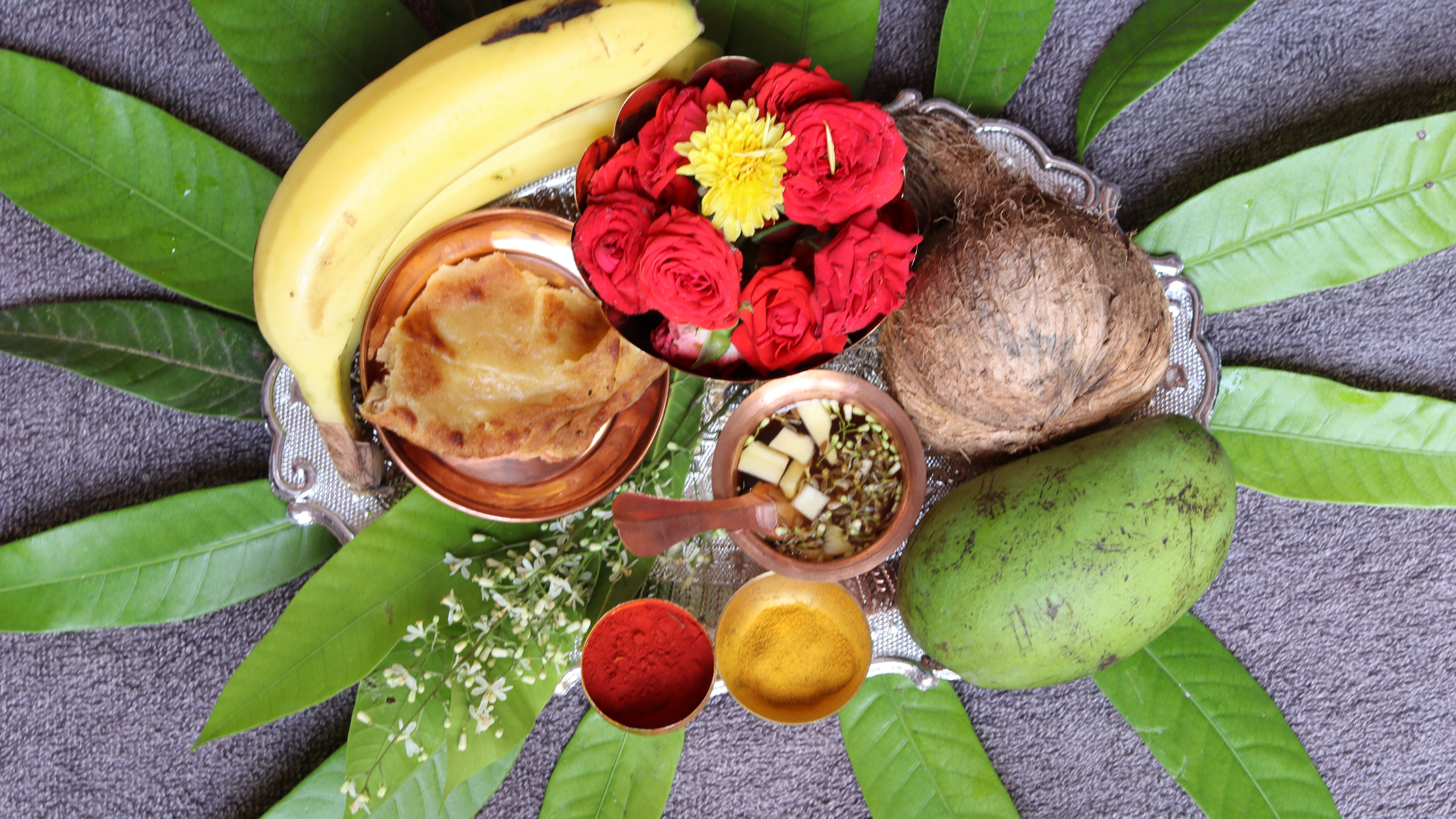The Benefits of Fasting During Navratri
Navratri fasting brings multiple health benefits, including detoxification, improved digestion, weight loss, and boosted immunity.

Chaitra Navratri is a significant festival that starts on the first day of the Hindu calendar and typically occurs in the month of March or April, according to the Gregorian calendar. It's a nine-day festival celebrated with immense excitement and devotion throughout the country, during which devotees of Maa Durga observe a nine-day fast to seek the goddess's blessings. Fasting during Chaitra Navratri is a significant aspect of the festival celebrated by Hindus all over the world. Many people believe it offers various health benefits, including detoxification, weight loss, and improved digestion. However, fasting can be challenging, especially for first-timers. In this blog, we'll explore the benefits of fasting during Chaitra Navratri.
Here are the general recommendations for following a traditional Navratri diet:
Do's:
- Consult with a doctor before starting a fast, especially if you have health issues.
- Eat nutritious and wholesome food during meal times.
- Stay hydrated by drinking plenty of water and fluids.
- Take adequate rest and avoid overexerting yourself.
- Meditate or pray to maintain spiritual and mental balance.
Don'ts:
- Do not overeat during meal times.
- Avoid fried and processed foods.
- Do not break your fast with heavy or spicy foods.
- Avoid consuming caffeine and sugary drinks.
- Do not consume alcohol or tobacco.
Given below are the list of foods to eat and avoid during Navratri fasting:
Foods to Eat:
- Vrat ke chawal or barnyard millet, kuttu atta or buckwheat flour, rajgira, singhara ka atta or water chestnut flour, and sabudana or sago pearls.
- Potatoes, sweet potato, bottle gourd (lauki), pumpkin, spinach, arbi, bottle gourd, carrots, and cucumber.
- All milk and dairy products can be consumed.
- Consume any fruit of your choice.
- Use desi ghee, sunflower oil, or peanut oil instead of regular cooking oil.
- Snack on foods prepared with sabudana or tapioca pearls, peanuts, melon seeds, raw coconut, and makhanas (foxnuts).
Foods to Avoid:
- Brinjal, mushroom, okra, onion, and garlic.
- Wheat, rice, semolina, maida, corn flour, dal, pulses, and legumes.
- Avoid fast food items like pizzas, burgers, and cakes.
- Avoid foods prepared using onion and garlic.
- Do not consume non-vegetarian food.
Benefits of Fasting During Chaitra Navratri
- Detoxification: Fasting helps eliminate toxins from the body. It gives the digestive system a break, allowing it to repair and regenerate.
- Boosts Immunity: Fasting stimulates the immune system, which helps the body fight off diseases and infections.
- Promotes Weight Loss: Fasting can help in weight management. When you fast, your body burns fat reserves for energy, leading to weight loss.
- Improves Digestion: Fasting gives your digestive system a break, which can help improve digestion.
- Enhances Mental Clarity: Fasting can help clear the mind and promote mental clarity. It helps in reducing stress and anxiety levels.
Things to Keep in Mind While Fasting
- Stay Hydrated: Drink plenty of water and fluids to keep yourself hydrated during fasting. Avoid sugary drinks or caffeine.
- Eat Nutritious Food: Eat nutritious and wholesome food during your meal times. Include whole grains, fruits, vegetables, and nuts.
- Avoid Fried and Processed Foods: Avoid fried and processed foods as they are difficult to digest and can cause bloating and discomfort.
- Monitor Your Salt Intake: Watch your salt intake as it can lead to water retention and bloating.
- Break Your Fast Slowly: Break your fast slowly and gently. Start with fruit, juice, or soup before moving on to a heavier meal.
SUMMARY
Navratri fasting offers various health benefits, including detoxification, improved digestion, weight loss, and boosted immunity. However, it is essential to keep in mind certain things while fasting, such as staying hydrated, eating nutritious food, and breaking your fast slowly. Additionally, following the dos and don'ts can help you make the most out of your Navratri fasting experience.
Jayti Shah is a Clinical Nutritionist with a master's degree in Clinical Nutrition and Dietetics. She is a member of the Indian Dietetic Association (IDA). Over the last 9 years, she has helped 400 clients in their clinical and weight loss journeys. She works with SocialBoat as a nutrition consultant.
At SocialBoat, we offer custom diet plans and guided workouts to help you achieve your goals in a 360-degree approach. Our gamified experience ensures that you don’t find workouts boring and we reward you for being consistent with your efforts.

